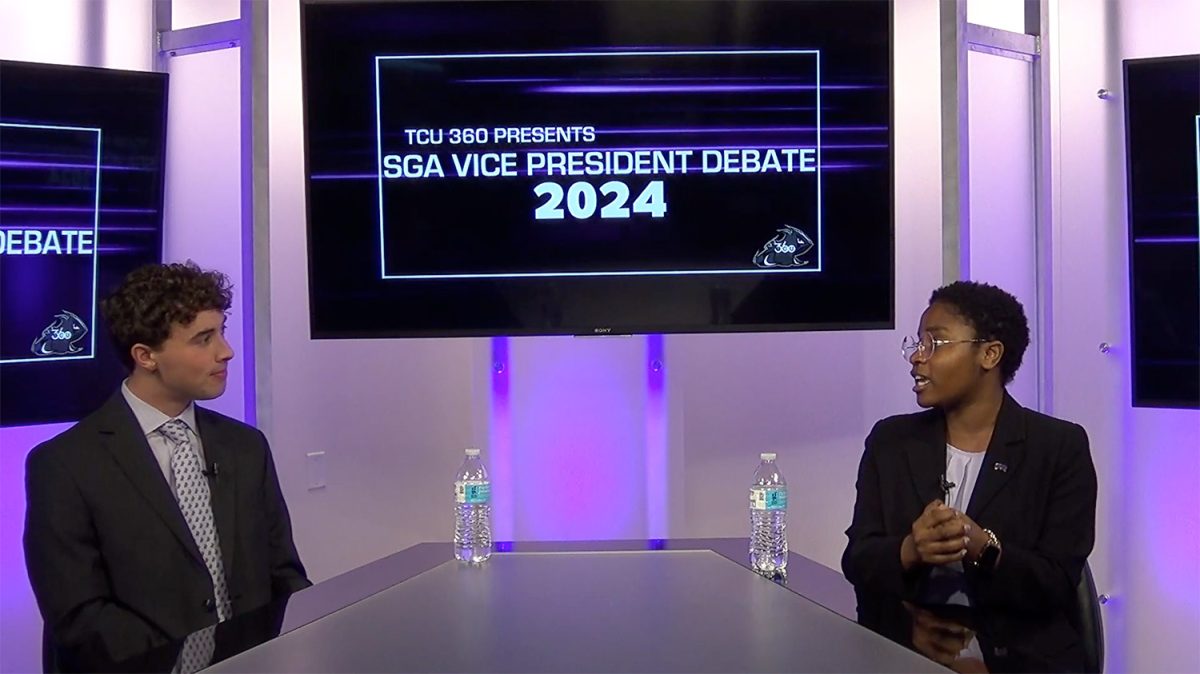Paul Ryan had a reputation as a wonkish, modern conservative capable of leading the Republican party into a new era of conservatism. His meteoric rise from a congressman, to vice presidential running-mate, to Speaker of the House, all by the age of 46, should have cemented his role as the new conservative icon.
Yet, Paul Ryan announced his retirement from politics after increasingly competitive looking midterms- shocking almost everyone and ceding the guiding philosophy and responsibility of the Republican party to Trump. Ryan’s official reason is that he wants to spend more time with his family, specifically his children before they go off to college. I believe that reason. This decision, though, assures that the guiding philosophy for the Republican party won’t be Ryan’s brand of modern conservatism, but Trumpism, and Ryan knows that. That isn’t the Republican Party he joined and this new Trumpism is a problem for the country.
Traditionally, the GOP has been a hybrid of two camps of conservatism; the business conservatives and the social conservatives. This coalition encompasses multiple factions that include libertarians, the religious right, main street Republicans, tea partiers, etc. Consequently, it has never been easy to govern. Regardless of difficulty in governing this diversely conservative coalition, Republican leaders have governed the party successfully while balancing the different factions.
But, something happened after Mitt Romney’s loss to Barack Obama in 2012.
There was a consensus that the core beliefs of social conservatism, fiscal conservatism and robust military strength were less attractive to the American public than multiculturalism and moderate progressivism proposed by the Democrats. The Republicans needed a new strategy to win. They then tried a modern sense of conservatism that was more multi-cultural and focused more on business conservatism than social. They continued to champion free trade and balanced budgets but notably took a more relaxed approach to immigration and social issues.
That form of republicanism was only dominant for a handful of years until Donald Trump and “Trumpism” entered the party.
The philosophy of Trumpism revolves heavily around Donald Trump. He was a well-known real-estate mogul and relativity television star who slowly waded into politics in the 2010s (first as a birther) but then came into the national spotlight in the Republican primaries in 2016. He was able to capitalize on blue-collar workers anxious about a country that they saw as losing its identity and future. This form of populism and nativism isn’t a purely American phenomenon, but Trump was able to ride the American wave into the White House.
This wave that Trump rode into office is difficult to govern. His base is more isolationist than interventionist, skeptical of free trade, and will promote an unsustainable level of government spending and taxation. This is at odds with much of what rank-and-file Republicans believe. Instead, they believe in entitlement reform and lowering taxation with spending, they believe in free trade and globalization, and they believe in an America that advocates for its interests around the world. They are still in the party, but without Paul Ryan, the leadership to advance these values isn’t there.
The result is inefficiency, and the party has trouble agreeing on much of anything. Republicans championed repeal and replace for years but now that they have the power to do something about the Affordable Care Act, they failed to pass legislation regarding it because the Republicans couldn’t agree on an acceptable plan. The only major legislation passed was Trump’s tax bill that is now creating a trillion-dollar deficit a year, while the economy is good, which is very much against the original beliefs of the party.
The flaw in Trumpism isn’t that Republicans cast a net that was too-broad and too conservative. Trumpism is flawed because of its inherently combative nature that exacerbates that problem. The President was a businessman and, as a result, sees the world as a zero-sum game – one winner and one loser. Trump echo’s this sentiment in his campaign slogans saying, “Make America Great Again” and “America First”.
While these are sentiments that Americans can empathize with, the combative nature of Trumpism ruins the ability to have a productive conversation to solve America’s problems. Without a productive conversation, we have trouble making decisions for a society that is increasingly diverse. If someone criticizes Donald Trump, his supporters instinctively feel that Trump is being treated unfairly whether the criticism was warranted or not. Despite his policy positions, flip-flops, or grossly inappropriate behavior, his supporters see the world in an “us vs. them” mentality.
It is Trump v. the mainstream media, it is Trump v. the FBI, it is Trump v. fellow Republicans. This blind support for someone in power who is very unpopular is problematic because at the end of the day it translates to not listening.
To succeed in governing one needs to learn how to disagree without being disagreeable and in a large and diverse society that isn’t always easy. But Trumpism, at its core, cannot do this. It makes the country more divided and civil discourse unproductive. Consequently, the problems of America are still alive and present, and an ideology so inherently combative cannot solve them.
I’m not sure where the Republican party goes in the age of Trump, if it gradually returns to normal after his presidency or if its forever shifted. But what I do know is that to govern successfully, one has to learn how to disagree without being disagreeable. If Americans want to solve their problems, it would be wise to elect a less combative ideology.





